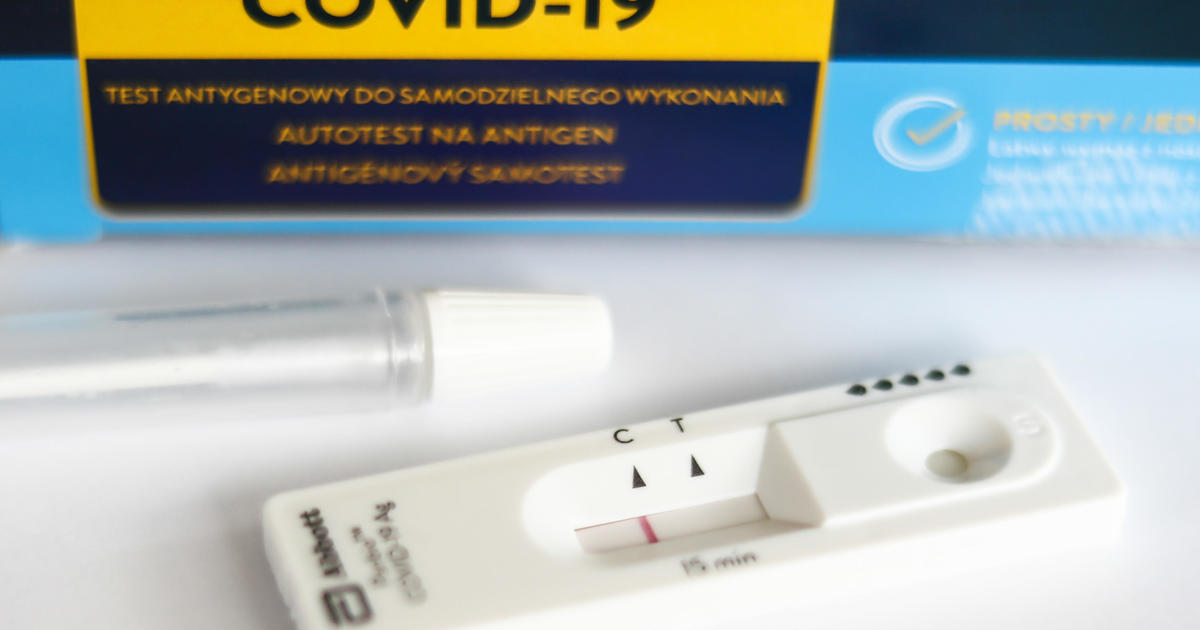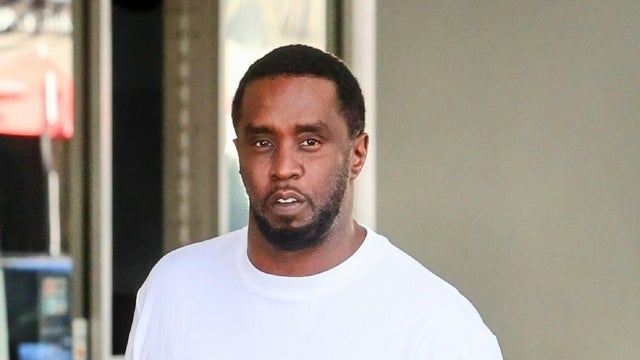

No response returned

The new , which was linked to a in parts of Asia, could now make up more than 1 in 3 cases across the United States, the Centers for Disease Control and Prevention this week.
Last month, the CDC's airport surveillance program had of the variant in arriving international travelers from several countries. The agency that nearly half of the COVID infections detected in that program the last week of May were the NB.1.8.1 variant.
The CDC cautioned that "precision in the most recent reporting period is low" for their estimates, meaning the projections carry a wide margin of error. Still, the estimated increase in prevalence in the U.S. highlights the variant's high transmissibility — something experts had warned about as soon as it began spreading in this country.
"Data indicates that NB.1.8.1 does not lead to more severe illness compared to previous variants, although it appears to have a growth advantage, suggesting it may spread more easily. In other words, it is more transmissible," Subhash Verma, a professor of microbiology and immunology at the University of Nevada, Reno School of Medicine, previously
Symptoms of the variant are broadly similar to those seen in earlier strains, Verma noted. Typical symptoms include respiratory issues such as cough and sore throat, as well as systemic issues like fever and fatigue.
As health officials continue monitoring the virus, the Trump administration has recently made moves to change access to vaccines for some Americans.
In May, the it will continue approving COVID-19 vaccine updates for seniors and those with an , including pregnancy or diabetes, but will require vaccine makers to conduct major new clinical trials before approving them for wider use.
The decision means many people without underlying conditions may not have access to updated shots this fall.
Health and Human Services Secretary also said last month that he would remove the CDC's recommendation for to get vaccinated against COVID-19. Later that week, however, the CDC said that kids with no underlying health conditions COVID-19 vaccines.
"Where the parent presents with a desire for their child to be vaccinated, children 6 months and older may receive COVID-19 vaccination, informed by the clinical judgment of a healthcare provider and personal preference and circumstances," the CDC says in its new guidance.





